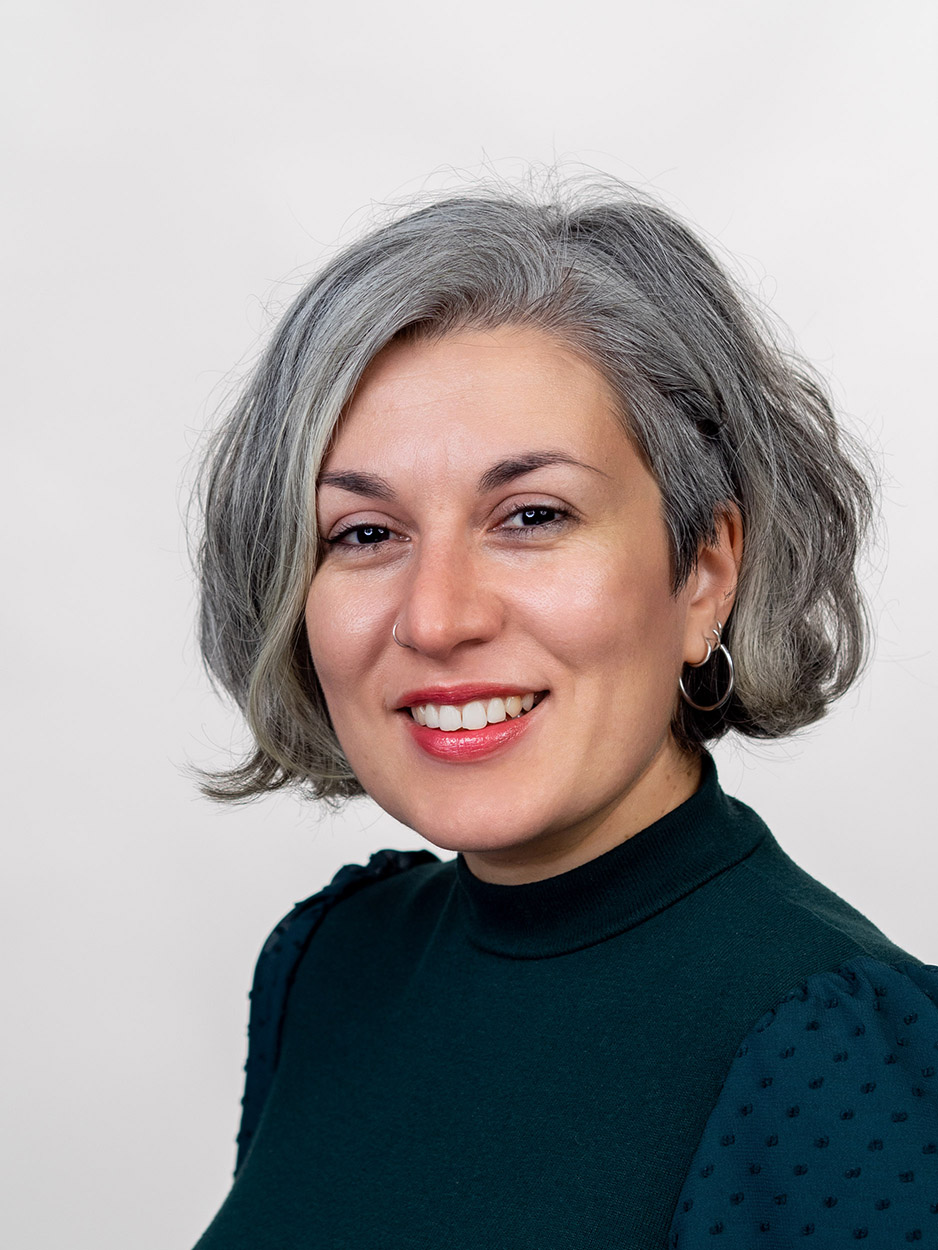On the occasion of the International Day of Women and Girls in Science, Marina Zempeltzi, PhD student at LIN and active member of the PhD Representatives, talks about what she particularly likes about her profession as a neuroscientist, the challenges she experiences and what she believes should change in order to get more women and girls interested in science.
What have you studied and what is your current position at LIN?
I have studied Biology at Aristotle University in Thessaloniki - Greece. Then I came to Magdeburg for the Master Program 'Integrative Neuroscience' at OvGU. I did my Master thesis at the LIN and I continued for my Ph.D. here. I am currently in the final period of my Ph.D.
What are you researching and what are you currently working on?
I am working in the CortXplorer group and I am involved in several projects. Basically, I investigate the role of the primary auditory cortex in auditory learning and memory. I chronically record brain signals of Mongolian gerbils, while animals perform auditory cognitive demanding tasks to find out cortical circuit mechanisms underlying flexible auditory guided behaviours and decision making.
Why did you choose LIN as your research institute?
When I first came, I got immediately impressed by the high-level facilities and equipment LIN has. However, a lab with only expensive machines doesn't mean a lot. Finally, interesting projects and friendly and highly motivated people create the working environment as a 'whole'. This is what made me stay here!
What is so special about being a neuroscientist for you?
Neuroscience for me means 'magic'. It is very special to study 'the Brain' while you are using 'the Brain'. Understanding the brain is challenging, therefore, it needs a lot of combined forces from many disciplines, such as biology, psychology, mathematics, computer science, medicine, etc. This interdisciplinary scientific approach is one of the most exciting things about being a neuroscientist for me.
What challenges do you see in your profession?
I do see many challenges but the most important for me is that we scientists, especially during the Ph.D. years, are highly specialized. I do see sometimes the problem of 'seeing the tree and not the forest' in our work and behavior, which might be an obstacle for future career opportunities in the job market. Of course, there are ways to work and improve on this!
What are your goals and wishes for the coming years?
My goal for this year is to get my Ph.D done! My wish for the coming years is to be landed in a New Era so exciting as the Ph.D. experience I had till now here at the LIN.
What significance does February 11th as International Women and Girls' Day in Science have for you?
This day could work as a reminder and promote full awareness for the need for equal access to science. It is a nice way to embrace the scientific achievements that have been made by women till now but also to encourage a new generation of women and girls to deal with science and innovation – especially in STEM subjects.
What is needed to get more women into science and to get girls interested in science?
I believe that this is something that starts from very young age and needs fostering by the society. Already at school, children need to be taught in an environment without stereotypes allowing them to surpass their limits. Kids should get to know examples of successful female researchers and get in touch with them. At later stages, mentorship could be very helpful to women that want to stay in science. To me, science has no gender and no borders!


